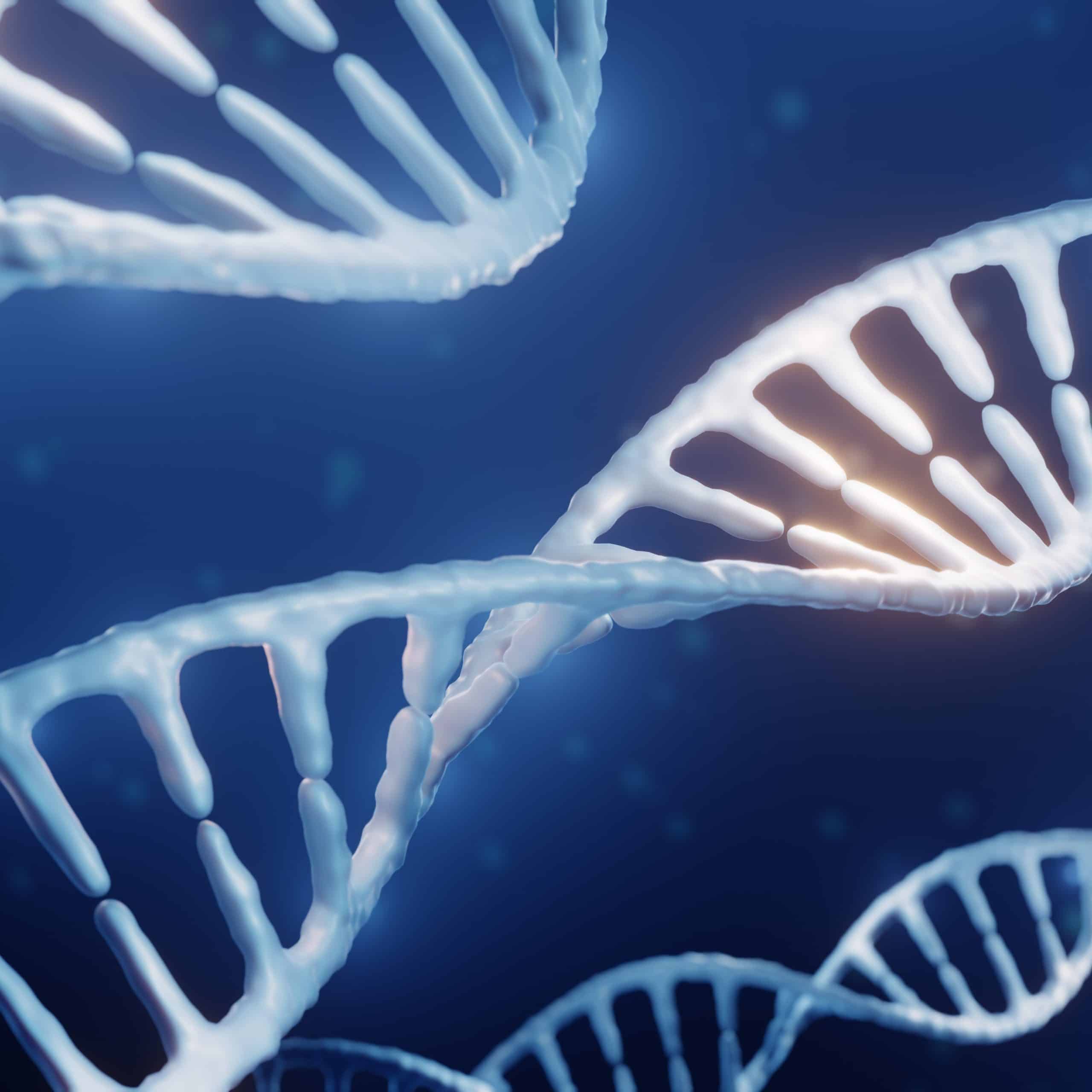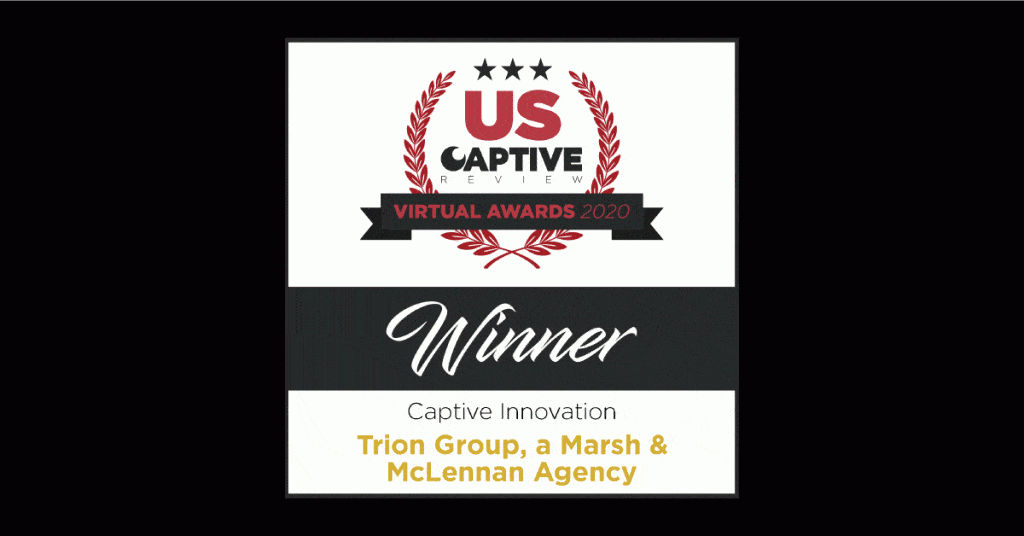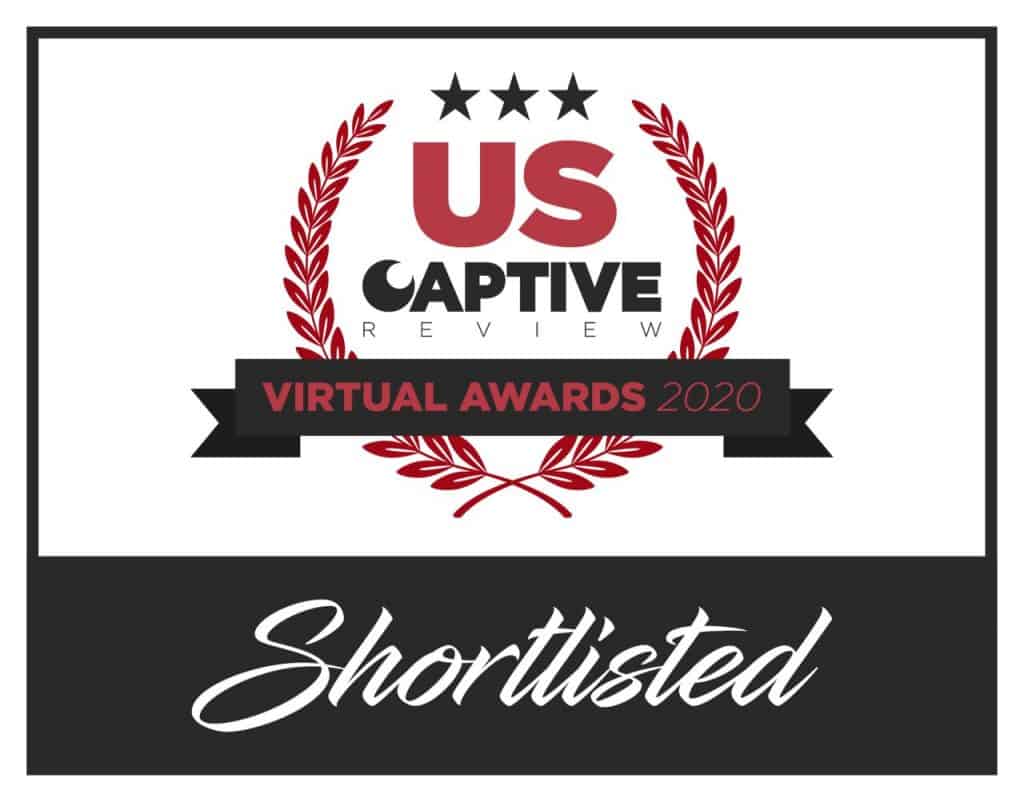Bluebird Bio sets a new pricing record with Skysona – a $3M gene therapy.
The FDA granted accelerated approval to Bluebird Bio’s new gene therapy, Skysona. Skysona treats a rare neurological disorder called childhood cerebral adrenoleukodystrophy (CALD). Skysona is a one-time treatment and the first and only gene therapy to treat CALD. Bluebird will have to provide confirmatory long-term clinical data to the FDA as a condition of the accelerated approval granted. This includes the results of an ongoing study that will follow patients treated in the clinical trials over 15 years. Bluebird plans to make Skysona available by the end of 2022. Skysona will initially be available only at Boston Children’s Hospital and the Children’s Hospital of Philadelphia.1
Childhood Cerebral Adrenoleukodystrophy (CALD)
CALD is a rare, debilitating form of adrenoleukodystrophy that generally occurs in boys ages 4 to 17 years.1 The disease is caused by a genetic mutation in the ABCD1 gene. This leads to a buildup of long chain fatty acids that destroy the protective myelin sheath around nerve cells. The destruction of myelin causes relentless progressive deterioration leading to permanent disability and death usually within four to eight years of symptom onset.2 CVS estimates 700 potential candidates in the United States for Skysona.3
The High Cost of Gene Therapies
Skysona has earned the title of the world’s most expensive treatment at $3 million. Until the approval of Skysona, Bluebird Bio’s Zynteglo was the most expensive drug on that market at $2.8 million. Pharmaceutical companies can charge such high prices for these gene therapies due to their one-time use and limited competition when it comes to treatment options. Some companies are offering money-back guarantees due to the high price tag, however, Bluebird will not be offering that type of refund for Skysona due to the rarity and complexity of the brain disease it treats. According to the FDA, there is a surge of cell and gene therapy products coming to market and with approvals ranging from 10 to 20 annually by 2025.4 CVS estimates that the United States could spend anywhere from $14.8 billion to $45 billion between 2020 and 2024 on gene therapies.5
To learn more about emerging trends with gene therapy, read our gene therapy whitepaper.
Sources:
- “A $3M gene therapy: Bluebird bio breaks its own pricing record with FDA approval of Skysona,” Fierce Pharma, accessed October 31, 2022, https://www.fiercepharma.com/pharma/3m-gene-therapy-bluebird-breaks-own-record-fda-approval-skysona
- “Adrenoleukodystrophy,” Boston Children’s Hospital, accessed October 31, 2022, https://www.childrenshospital.org/conditions/adrenoleukodystrophy-ald
- “Gene Therapy Pipeline,” CVS Health, accessed October 31, 2022, https://payorsolutions.cvshealth.com/sites/default/files/q3-2022-gene-therapy-treatments-approval-timelines.pdf
- “Statement from FDA Commissioner,” U.S. Food & Drug Administration, accessed October 31, 2022, https://www.fda.gov/news-events/press-announcements/statement-fda-commissioner-scott-gottlieb-md-and-peter-marks-md-phd-director-center-biologics
- “Gene Therapy Keeping Costs from Negating Its Unprecedented Potential,” CVS Health, accessed October 31, 2022,https://payorsolutions.cvshealth.com/sites/default/files/cvs-health-payor-solutions-gene-therapy-keeping-costs-from-negating-its-unprecedented-potential-white-paper-january-2020.pdf





